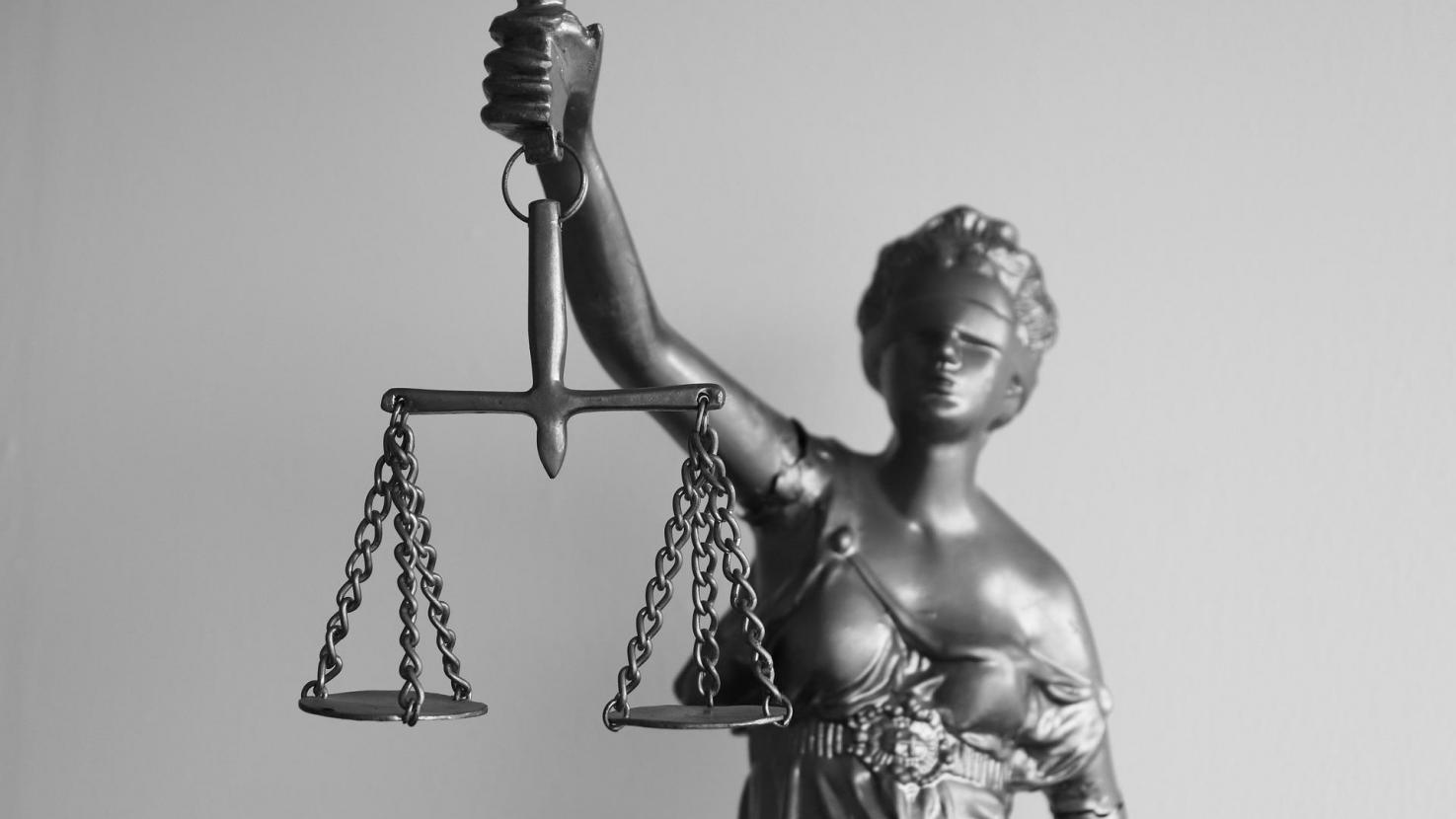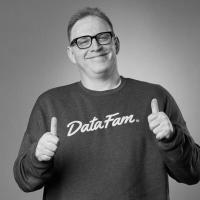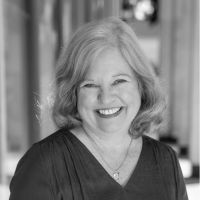
Making Data Ethics a Leadership Priority: Roundtable Highlights


FURTHER READING:
Download the eBook hereOrganizations from financial services to healthcare and government should be operating in a way that honors the proper and ethical use of data. Especially data from customers and the public. This sounds like a straightforward initiative, but most organizations still struggle to understand how the internal and external use – or even collection – of data can invite unintended consequences. In this discussion, five data leaders share their experiences with data ethics and highlight why it will only become more important to their success and the success of their organizations.
Defining data ethics
The roundtable kicked off with definitions. Bridget Cogley, Chief Visualization Officer and Co-Founder at Versalytix, maintained that “data ethics are applied ethics that sit between our personal value sets and laws. It’s what we use when we make a decision on someone else’s behalf. And very much like doctors, lawyers, and other people, we as data leaders know more about data than others will and so we are making decisions on others’ behalf.”
Data Stories VP of Community and Impact and Tableau Social Ambassador Allen Hillery added that “data ethics needs to happen from end to end, from data collection to the actual data presentation. Most organizations have gotten really good at the laws and regulations around importing data and storing it, but there really aren’t any formal rules around how we present data or how much of it we use.”
“For me, it’s about ensuring that the people who generate the data or retain ownership of the data also retain decision-making authority over what happens to their data,” said Krystal Tsosie, Ethics and Policy Director at the Native BioData Consortium and incoming faculty at Arizona State University School of Life Sciences. “That doesn’t really happen enough because in ethics, unfortunately, we disentangle the human elements of data. Once it becomes supposedly de-identified, data becomes nonhuman subject data; therefore it could be harmonized and operationalized and considered a nonhuman element, as if it removes the risk related to the data itself.”
The vital role of data stewards
Luke Stanke, SVP Analytics at phData, emphasized the importance of the data steward in organizations, “someone who is there to advocate for the proper and improper uses of information. I know it’s a small change in terminology from ‘owner’, but it represents the impact that that data is going to make and the responsibility of that individual with it.”
Sarah Nell-Rodriquez, a senior manager in state and local government at Tableau and a co-founder of BeDataLit, argued that data literacy must be taken mainstream. “Who are the people outside of the data sphere who are impacted by this?” she asked. “A steward is part of managing that, but how are we making sure everyone knows exactly what is going into that collection of data? Are we really educating people on what’s happening in the world of data? Do they know that anytime you see a cookies consent request pop up on a website, that’s your information being sold and connecting you to who knows how many different places?”
Who should oversee data ethics?
Data ethics are clearly a challenge for organizations, even if their own intentions are good. As Luke Stanke pointed out, “It’s not individuals with bad intentions. It’s the unintended consequences of these decisions that are often the problem.”
Participants rejected the idea of a governmental body to oversee data ethics based on current political realities and the slow pace of change in government, but were more enthusiastic about a network of independent entities focused on industry areas such as financial services, healthcare, or enterprise software, and built on a philosophy ‘of, by, and for’ the stakeholders.
“The beauty is, I think there’s going to be multiple [entities],” Bridget Cogley noted. “You’ve got Data Visualization Society, you’ve got Data & Society, you’ve got a lot of these entities forming and I’m really interested to see where they go, because that’s where the power is going to concentrate.”
Luke Stanke agreed, adding, “I really do like the idea of having industry-specific consortiums that are focused on data ethics. Because ultimately you want to bring together leaders within the industry who have agency within their organizations to at least create leverage on the topic, and the combined voices will provide a lot more power than individuals.”
Is data ethics a leadership priority?
The roundtable closed out on the topic of how to ensure data leaders have ethics in focus at all times. Allen Hillery said that a great start for data leaders is simply “being mindful of data from end to end…just having a basic level of compassion and just seeing that there are people behind data points…. It needs to start throughout the organization and not just sit at the top.”
Participants also agreed that the fact that data ethics conversations are happening more often is cause for optimism. Bridget Cogley noted that “I feel like we’ve finally gone from ‘we need to have these conversations’ to actually having some of them….it’s going to continue to be messy, it always is, and as we progress we’re going to have different conversations. So they’re never going to stop.”
Luke Stanke added that success ultimately “depends on how frankly [data leaders] can quantify the value that [data ethics] provides the organization. We have to look and sound very economic.”
Sarah Nell-Rodriquez brought the discussion around to one of the original points, creating a groundswell of awareness. “I think right now if we decided to go out into the streets of our collective neighborhoods across the U.S. and…asked them, "Tell me about data ethics," most people wouldn’t know what to say,” she said. “Until they do, I think we’re going to continue to have this conversation.”







